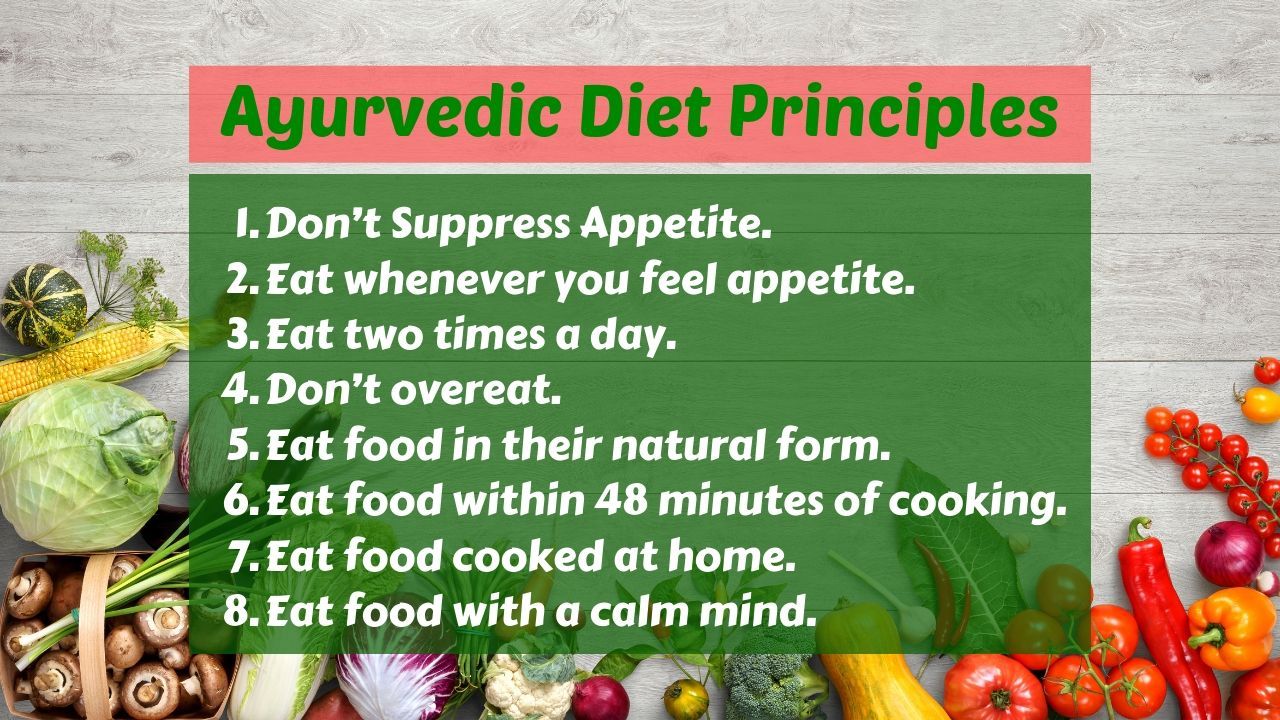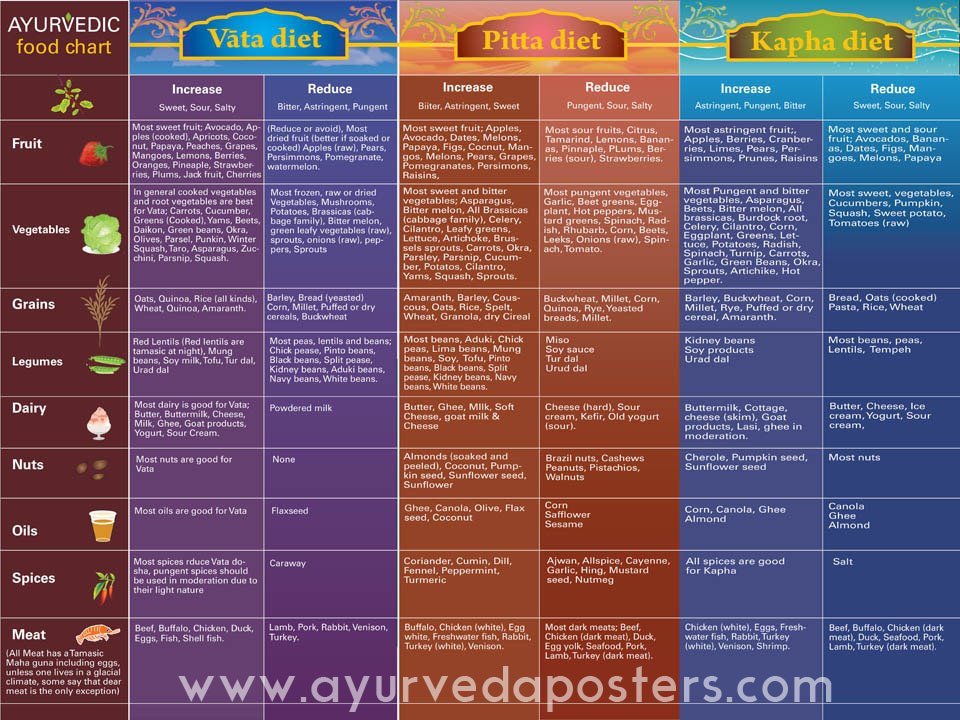Ayurvedic Guidelines For Healthy Eating

Ayurvedic Guidelines for Healthy Eating
Ayurveda and Healthy Eating
Ayurveda is an ancient system of medicine that originated in India more than 5,000 years ago. The practice of Ayurveda is based on the belief that the body is made up of five elements – earth, water, fire, air and ether – that balance each other to provide a sense of wellbeing. According to Ayurveda, eating the right foods can help maintain this balance and bring about a sense of harmony and health.
Ayurveda places great emphasis on the importance of healthy eating and the use of fresh, whole foods in the diet. Foods that are believed to be beneficial for health include fruits and vegetables, whole grains, nuts and seeds, legumes and beans, and dairy products. Foods that are generally considered to be unhealthy include processed foods, refined sugars and refined oils. In addition, Ayurveda recommends avoiding certain types of foods, such as those containing preservatives or additives, as well as foods that are deep fried or cooked in oil.
The Three Doshas
Ayurveda recognizes that each person has a unique body type, which is determined by the three doshas – vata, pitta and kapha. These three doshas help to determine the type of foods that are best for each individual. For example, vata individuals should consume warm and cooked foods, while pitta individuals should avoid acidic foods. Kapha individuals should choose light and dry foods.
In addition, Ayurveda recommends that individuals should eat according to their doshas. For instance, vata individuals should avoid cold and raw foods, such as salads and smoothies, as these can be too cooling for their body type. Pitta individuals should avoid spicy and fatty foods, as these can be too heating for their body type. Kapha individuals should avoid sweet, heavy and oily foods, as these can be too cooling for their body type.
The Six Tastes
Ayurveda also recommends that individuals should include all six tastes – sweet, sour, salty, bitter, pungent and astringent – in their diet. These six tastes are thought to help balance the doshas, as well as provide the body with the nutrients it needs. For example, sweet foods, such as grains and fruits, help to nourish the body, while sour foods, such as citrus fruits, help to stimulate the appetite. Salty foods, such as fish, help to detoxify the body, while bitter foods, such as dark leafy greens, help to reduce inflammation. Pungent foods, such as spices, help to improve digestion, while astringent foods, such as beans, help to reduce excess water in the body.
The Five Elements
Ayurveda also recommends that individuals should include all five elements – earth, water, fire, air and ether – in their diet. For example, earth foods, such as root vegetables, help to provide grounding energy, while water foods, such as soups, help to provide cooling energy. Fire foods, such as spices, help to provide warming energy, while air foods, such as leafy greens, help to provide light energy. Ether foods, such as nuts and seeds, help to provide expansive energy.
Food Combining
Ayurveda also recommends that individuals should avoid eating certain types of foods together, as this can lead to indigestion. For example, Ayurveda recommends avoiding eating fruits and dairy products together, as this can lead to bloating and gas. In addition, Ayurveda recommends avoiding eating grains and beans together, as this can lead to indigestion. It is also recommended to avoid eating heavy and light foods together, such as eating a heavy dinner followed by a light dessert, as this can lead to indigestion.
Conclusion
Ayurveda is an ancient system of medicine that emphasizes the importance of eating the right foods to maintain a sense of wellbeing. According to Ayurveda, individuals should eat according to their doshas, include all six tastes in their diet, and avoid eating certain types of foods together. By following these Ayurvedic guidelines for healthy eating, individuals can enjoy improved health and wellbeing.
I Hope It's Work For You. Thank You.
Ayurvedic Diet Principles: Healthy Eating Habits | Ayur Times

Pin on 8 Healthy Ayurvedic Digestion Tips

Ayurveda is the ancient medical system of India. It offers one of the

Ayurveda Posters

Top 3 Reasons to Follow Ayurvedic Guidelines for Healthy & Sustainable

The Ayurvedic Reset Diet: Radiant Health through Fasting, Mono-Diet

Diet Tips | Ayurveda diet, Ayurvedic diet, Ayurvedic recipes

Ayurvedic recommendations to eat according to your dosha type

71 best images about Ayruveda - Ayurvedic Diet on Pinterest | Ayurveda

Top 3 Reasons to Follow Ayurvedic Guidelines for Healthy & Sustainable
